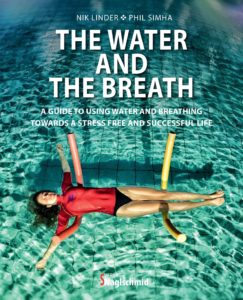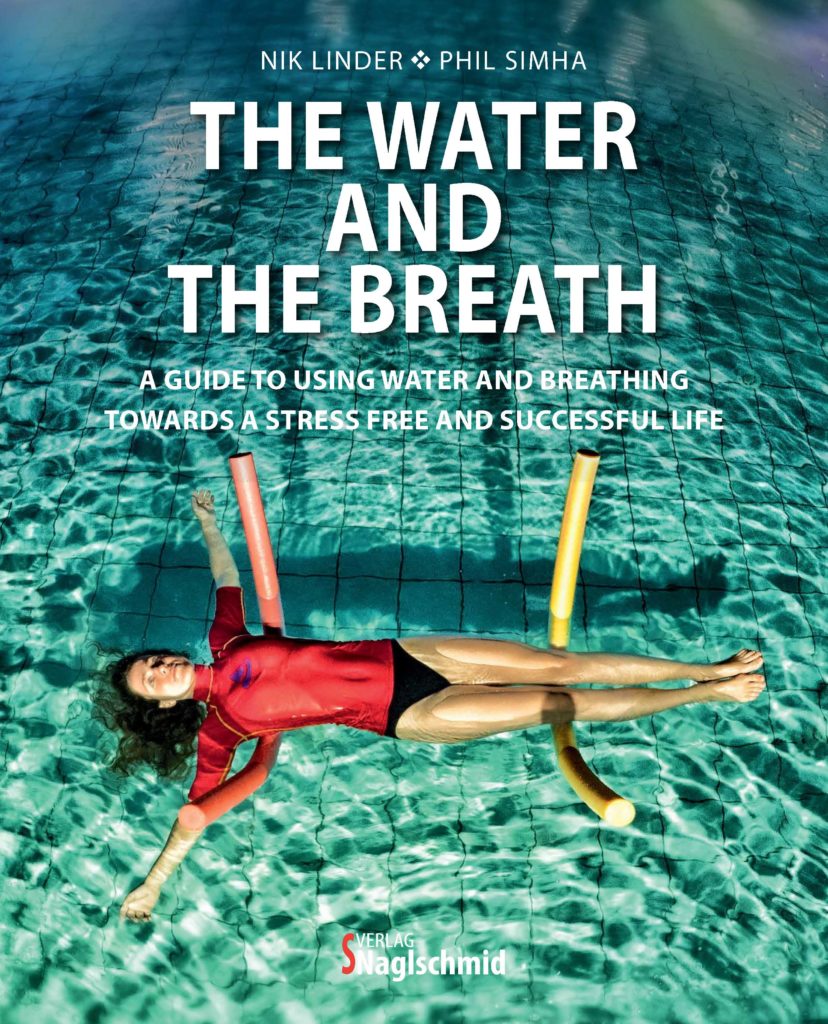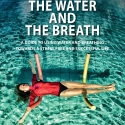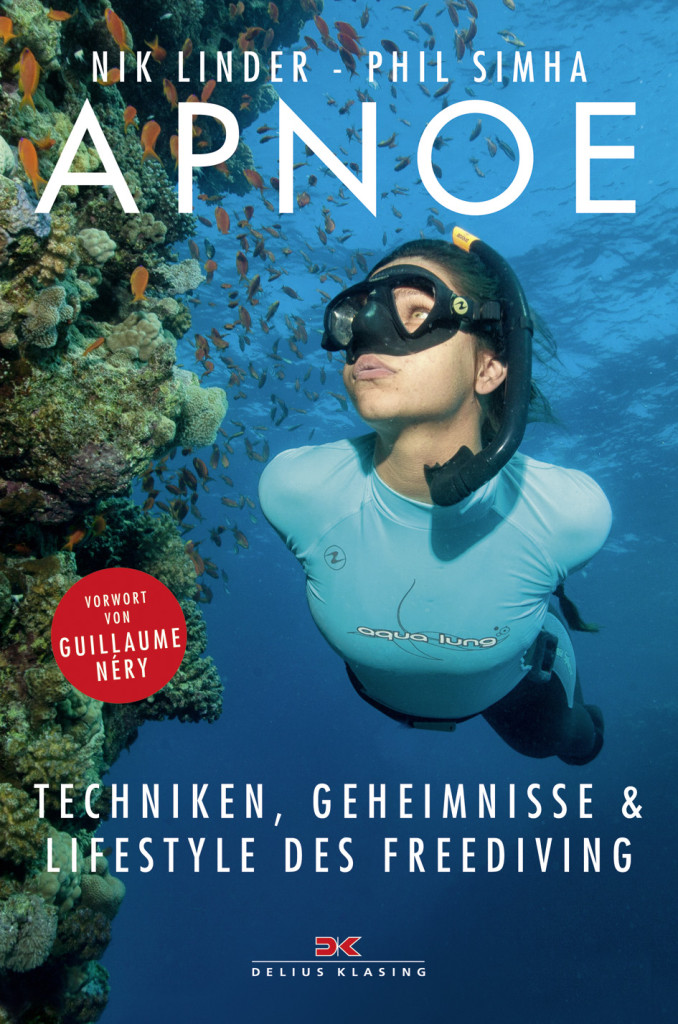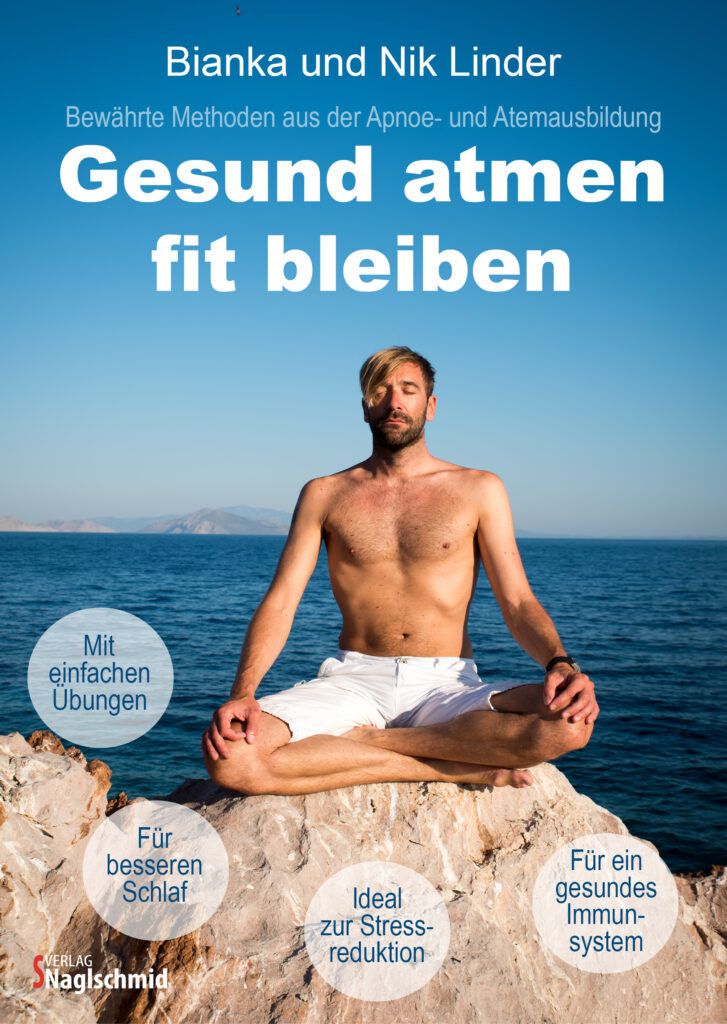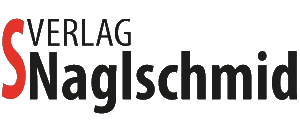Engl. Edition of the book: Apnoe & Mediation
In the past couple of years, recreational freediving has evolved to such an alternative way. A way that allows its partakers to open up to breathing and relaxation. Because without correct breathing, without full relaxation, there is no freediving.
This book describes simple techniques, which support a healthy and positive way of life. They are not new. But years of practice and coaching experience by the authors led to a vivid and fully illustrated guide, showing the most common practices of professional freedivers. The simple fact that you are holding this book in your hand, proofs that you are searching. It doesn’t matter if you are searching to make progress in the sport of freediving or to find new ways of relaxation for yourself – the text and the photos of this publication will affect you. Every time, this book comes into your sight, being it on your couch, or the edge of your bed, it will remind you that your personal well-being is on you and no one else than you. Additional practice and exchange with a master is helpful too. On land, breathing exercises do not only help to relax. They are common practice in Pranayama, the field of breathing in Yoga.
|
>> Amazon May be it is currently not available – don`t worry place your order anyway. It may takes some days longer, but it is available. |
If you want us to send the book to you, here you can do it:
Print ISBN 978-3-89594-929-6
Also available in all Bookstores.
Also here as PDF-Download available:
PDF ISBN 978-3-89594-932-6
Available as download. (ca.12 MB)
able to recognize stress and simply breathe it away.
In the water the non-breathing comes into play. In this phase where you are not distracted by your own breathing any more, you are able to open up a window to your inner-self. You experience a deep form of meditation.
Exercises from Pranayama, relaxation techniques, autogenic training, meditation, and mental training support this process. As a core element you use a mechanism, that has been inherited in your body ever since – the mammalian dive reflex. It is an important protective mechanism, responsible to make sure humans can spend time under water and stay unharmed. Professional freedivers use the mammalian dive reflex with masterly skill.
Yogis in the field of Pranayama speak about the “art of breathing” and the “art of let-the-breathing-be”. Parts of the freediving practice are relaxation and breathing exercises. Continuous practice creates more relaxed people, who are using their breathing consciously, anticipate stress faster, and have ways to deal with it.
Freedivers use these techniques to improve their performances. Relaqua uses them to help you to relax and avoid stress.
Content:
I. WHAT IS RELAQUA AND WHERE DOES IT COME FROM?
II. THE FOUR ELEMENTS
III. THE FREEDIVER AND HIS SPORT
IV. MENTAL SKILLS
V. THE BREATHING
VI. THE WAY IN THE WATER
144 Pages (71 Doublepages) full colored content
Interviews with Nik Linder (german):
Nik Linder: Freediver for many years, record holder and diving instructor. He is fascinated by everything that has to do with pranayama and relaxation, stress reduction. Here he uses many important skills, which he knows from competitions and record hunting. Our body has the ability to consciously control breathing with relaxation in the water. Nik has summarized the whole in a program called “Relaqua®”.
Phil Simha: At the end of the 1980s, he become a recreational diver, technician and freediver, he worked as a diving instructor all over the world and as a guide in the Himalayas for several years, before turning 100% to diving at the beginning of the 3rd millennium. A nearly three-year stint at PADI Europe’s offices allowed him to create a formidable network in European diving, including the editorial staff of Plongeurs International magazine.
More books from Nik and Phil (only in german language):

